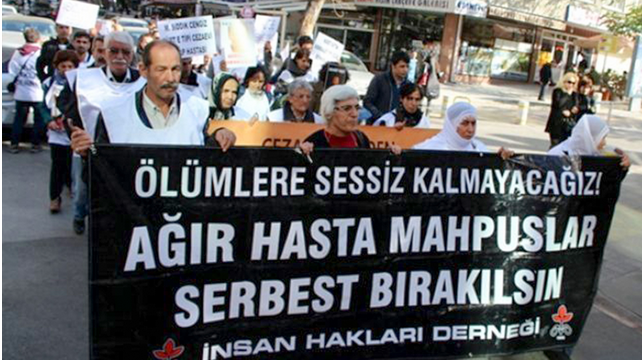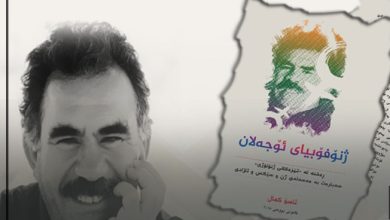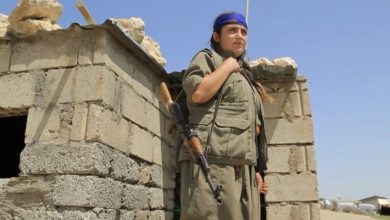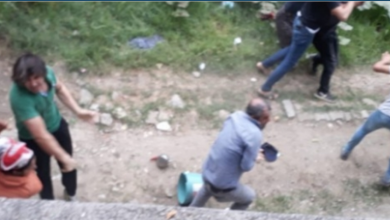The head of the Diyarbakir Bar Association criticized the highest government medical official in Turkey for discriminating against prisoners, saying that medical reports for political prisoners and Kurdish prisoners are based on “charges” for which they have been imprisoned.
Some reports in Turkey indicate that some prisoners have not been released despite their right to parole (such as sick prisoners and prisoners who have served at least some of their sentences), but are still in prison due to “disciplinary punishment” by the prison.
In the past month alone, three critically ill prisoners, Bangin Muhammed, in the Tarsus High Security Prison in Mersin, Abdülrezzak Suyur, in the Aliaga Shakran Prison in Izmir, and Halil Güneş, in the Diyarbakir Jan High Security Prison have lost their lives.
Nahit Eren, head of the Diyarbakir Bar Association, told the media that three seriously ill prisoners who had not been released died within days, violating the “right to life”. All of these deaths are evidence of the problems faced by biased reports provided by forensic medicine.
The Forensic Medicine Institute (Adli Tip Kurumu – commonly referred to as the ATK) is the highest bilateral medical institution in Turkey, which decides on the health of a prisoner to extend his sentence. Eren believes that such reports and assessments by the ATK are “biased.”
“The reports provided to critically ill prisoners by the Institute of Forensic Medicine as to whether or not they can meet their daily needs in prison are biased,” he said.
“When the ATK examines a prisoner, it is expected that prisoners will not be discriminated against on the basis of their charges, their ethnicity or their political beliefs or their religious affiliation, but the ATK does not do so,” Eren said. The institute reports that a person who is not even able to walk alone is eligible to stay in prison! “We see that they are prejudiced against those who are ‘Kurdish’ or ‘political’ prisoners.”
He stated the purpose of the protest in Diyarbakir against the Turkish government: “We are doing our best to make the demands of the families of the prisoners heard by the authorities. We hope that no more coffins will come out of the prisons and that the authorities will show a serious will to release the sick prisoners so that they can spend the rest of their sentence not behind the prison wall but with their loved ones and seek appropriate treatment.”






